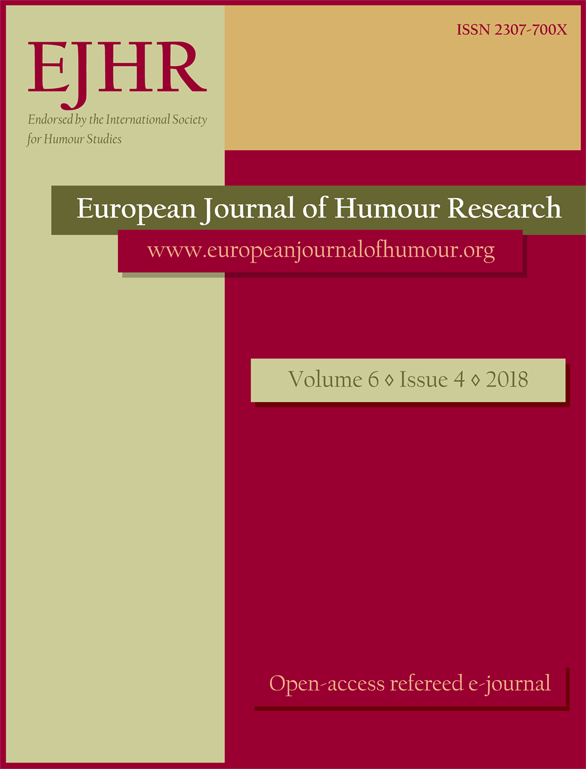Satire, humour, and parody in 21st century Nigerian
women’s poetry
Satire, humour, and parody in 21st century Nigerian
women’s poetry
Author(s): Bartholomew Chizoba AkpahSubject(s): Anthropology, Social Sciences, Language and Literature Studies, Gender Studies, Semiotics / Semiology, Theoretical Linguistics, Applied Linguistics, Studies of Literature, Sociology, Semantics, Pragmatics, Sociolinguistics, Descriptive linguistics, Cultural Anthropology / Ethnology, Culture and social structure , Theory of Literature, Stylistics
Published by: Krakowskie Towarzystwo Popularyzowania Wiedzy o Komunikacji Językowej Tertium
Keywords: 21st century Nigerian women’s poetry; feminism; humour; poetic devices
Summary/Abstract: 21st century Nigerian women poets have continued to utilise the aesthetics of literary devices as linguistic and literary strategies to project feminist privations and values in their creative oeuvres. There has been marginal interest towards 21st century Nigerian women’s poetry and their deployment of artistic devices such as satire, humour, and parody. Unequivocally, such linguistic and literary devices in imaginative works are deployed as centripetal force to criticise, amidst laughter, the ills of female devaluation in the society. The major thrust of the study, therefore, is to examine how satire, humour and parody are deployed in selected Nigerian women’s poetry to reproach and etch the collective ethos of women’s experience in contemporary Nigerian society. The study utilises qualitative analytical approach in the close reading and textual analysis of the selected texts focusing mainly on the aesthetics of humour, satire, and parody in challenging male chauvinism in contemporary Nigerian women’s poetry. Three long poems: “Nuptial Counsel”, “Sadiku’s Song”, and “The Sweet, Sweet Mistress’ Tale” by Mabel Evweirhoma and Maria Ajima respectively were purposively selected. The choice of the selected poems hinges on the artistic vigour, especially the evoking of laughter, mockery and condemnation of hegemonic structures through the use of satire, humour, and parody. The paper employs Molara Ogundipe’s Stiwanism, an aspect of Feminist theory in the analysis of the selected poems. The poets have shown the interventions of humour, satire, and parody as linguistic devices in condemning and highlighting peculiarities of women peonage in Nigeria.
Journal: The European Journal of Humour Research
- Issue Year: 6/2018
- Issue No: 4
- Page Range: 133-144
- Page Count: 12
- Language: English

